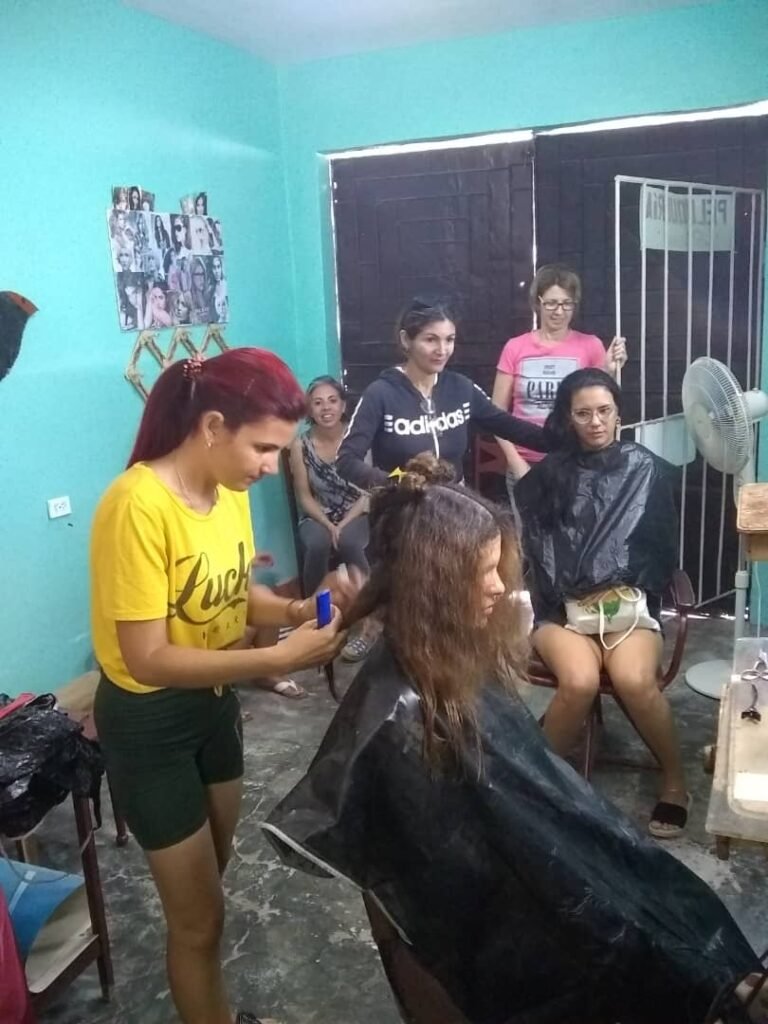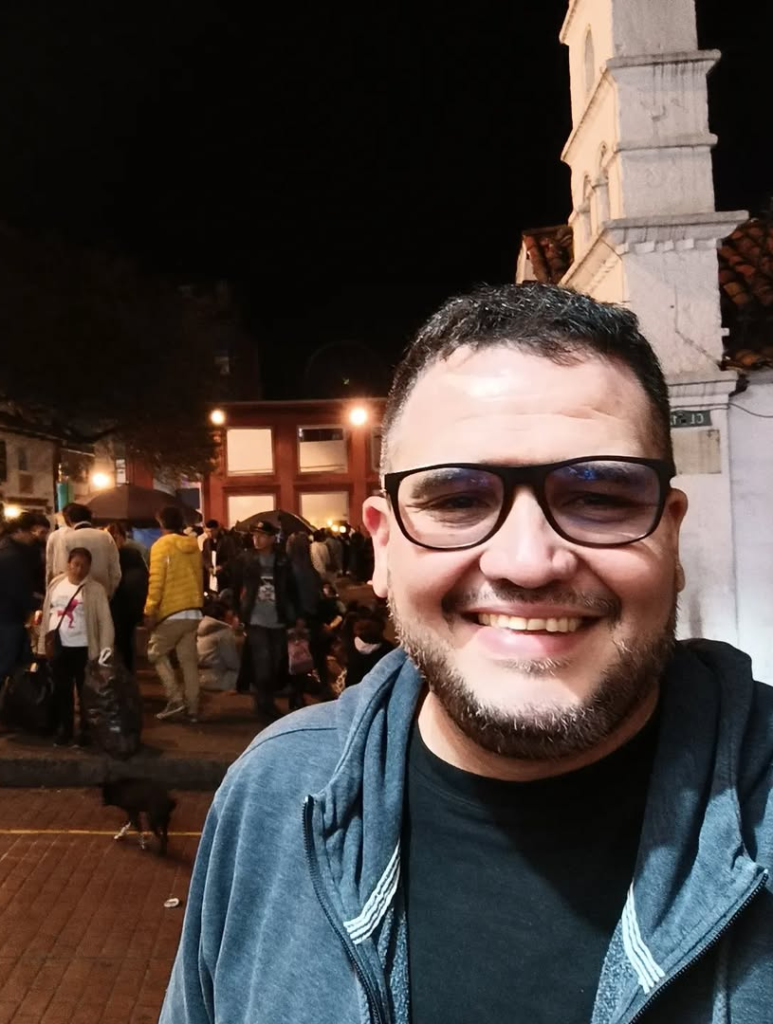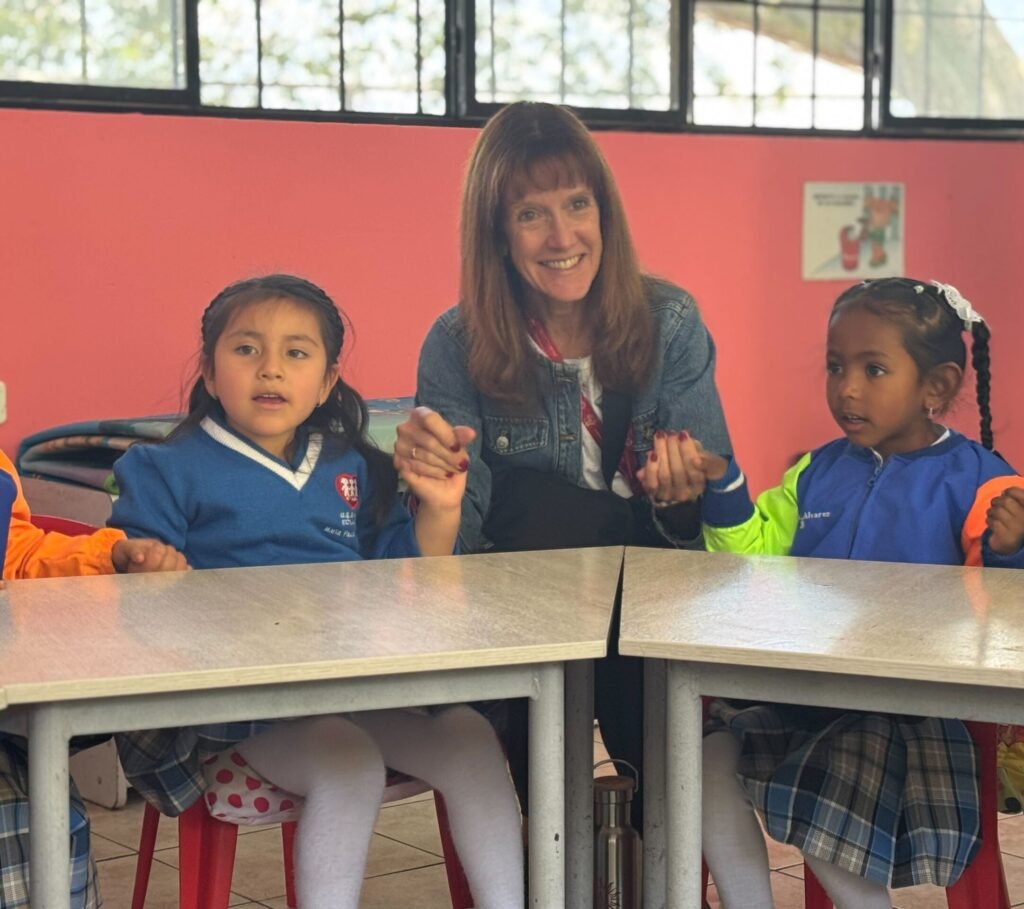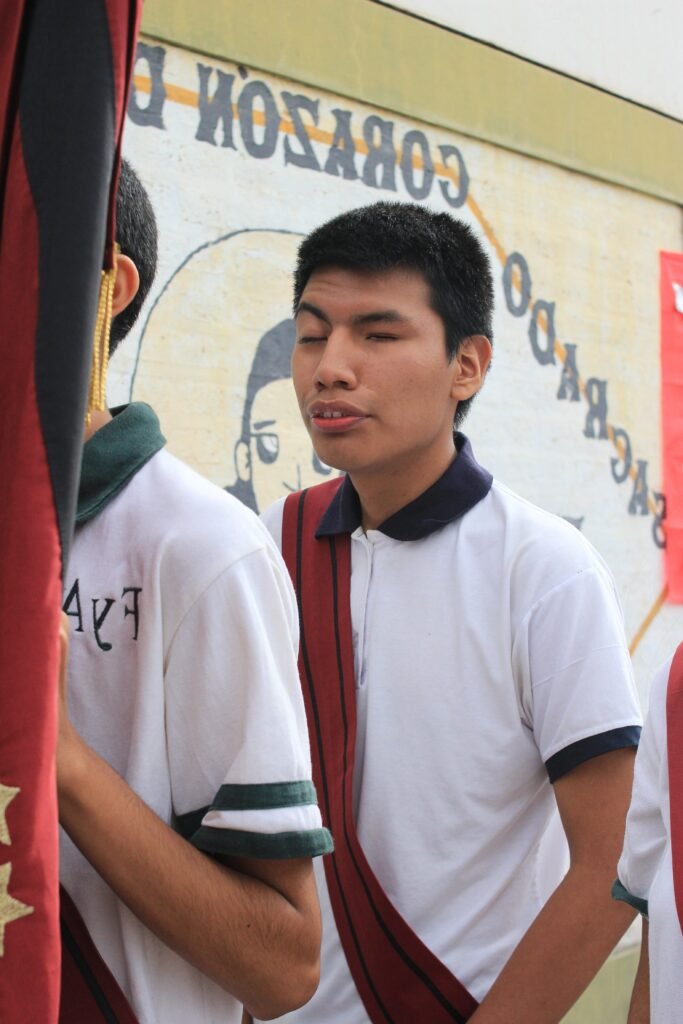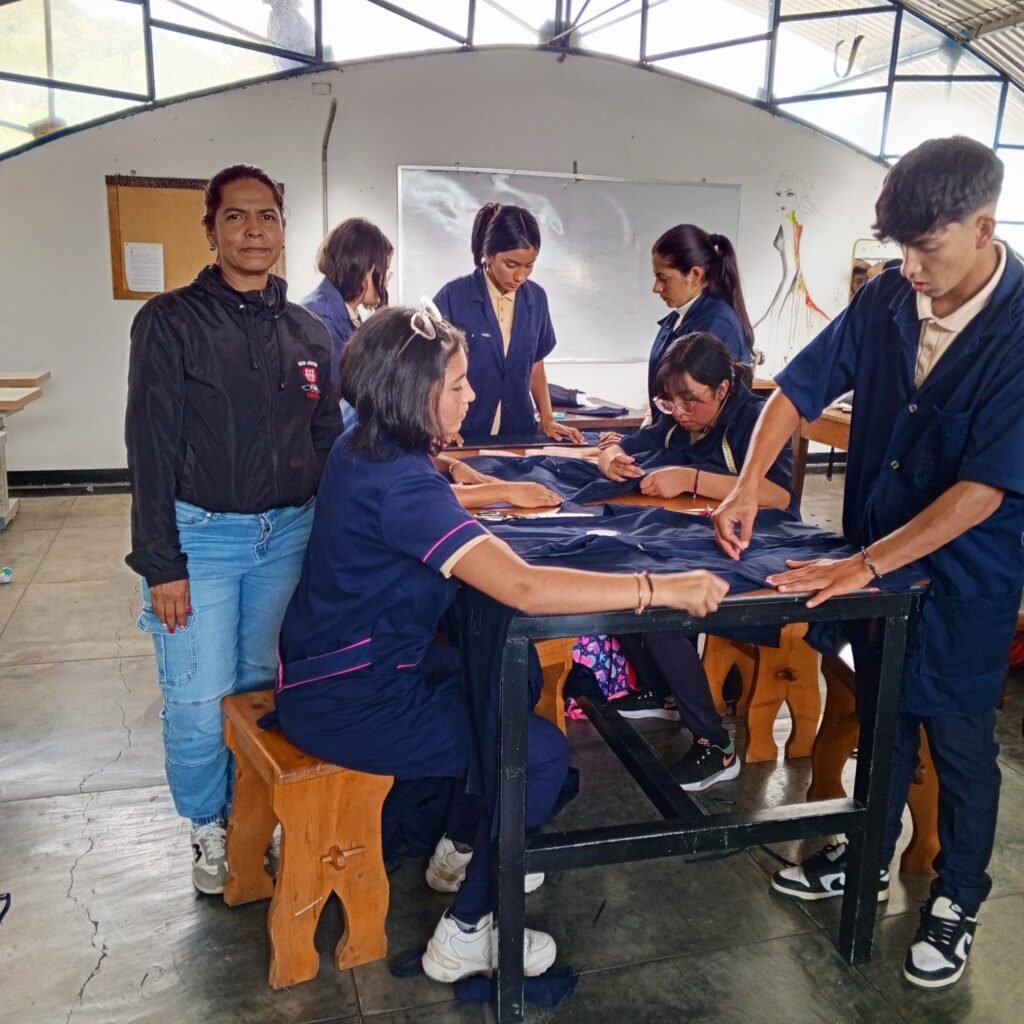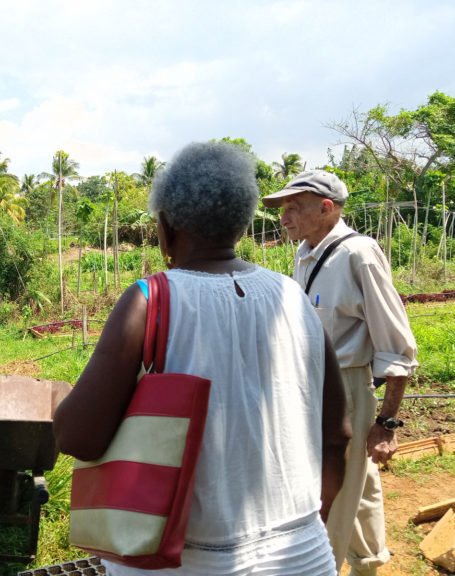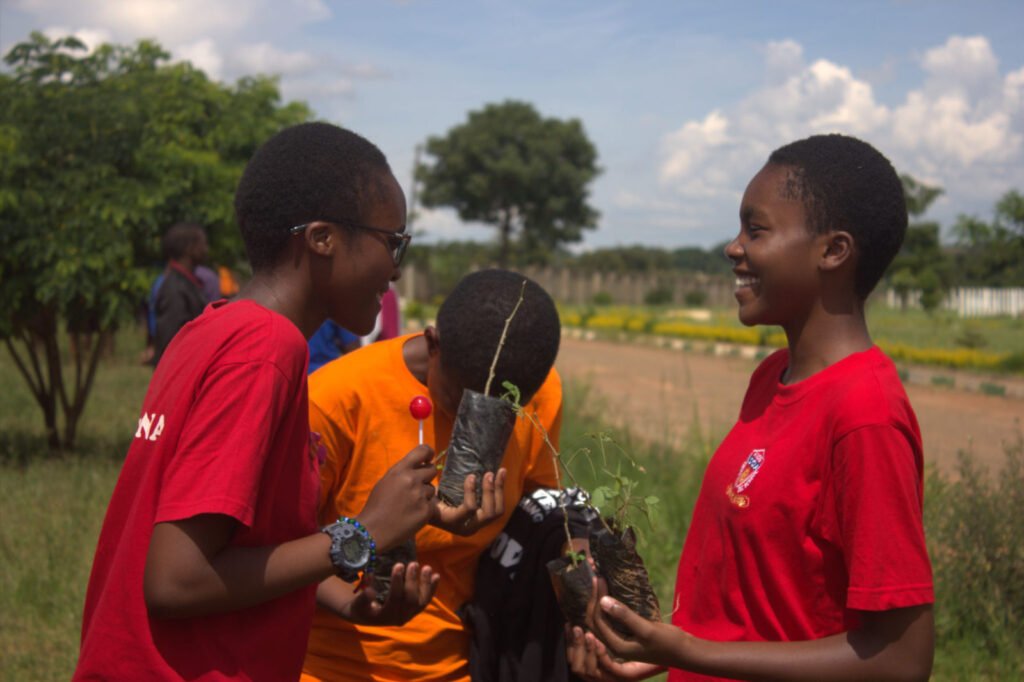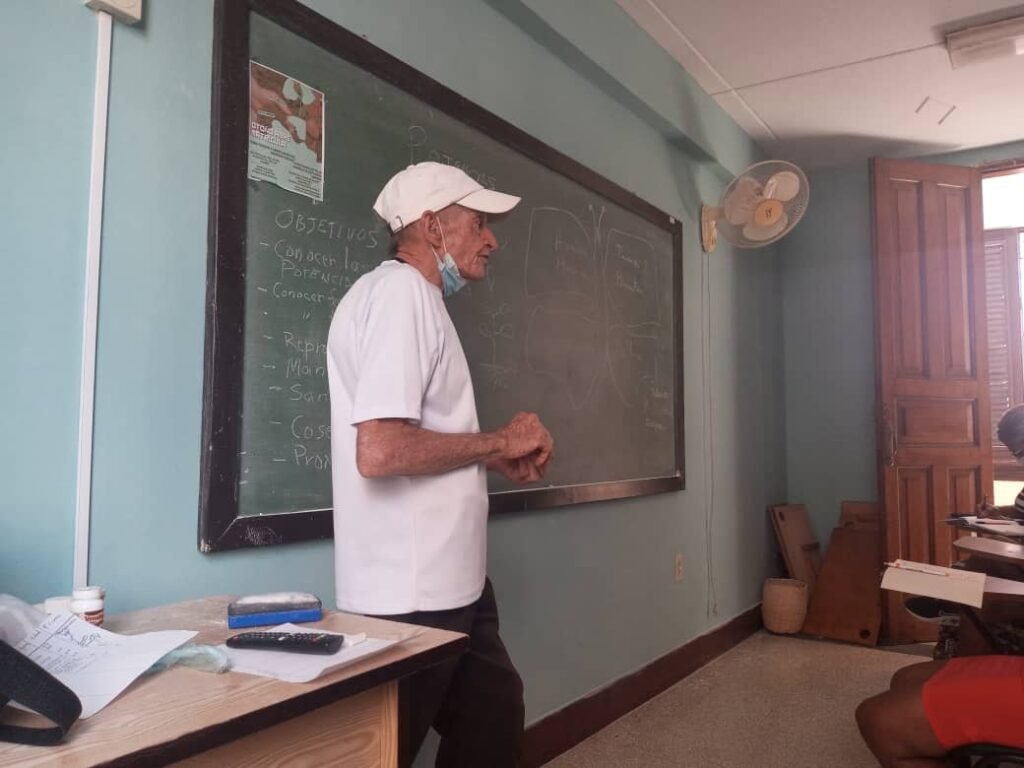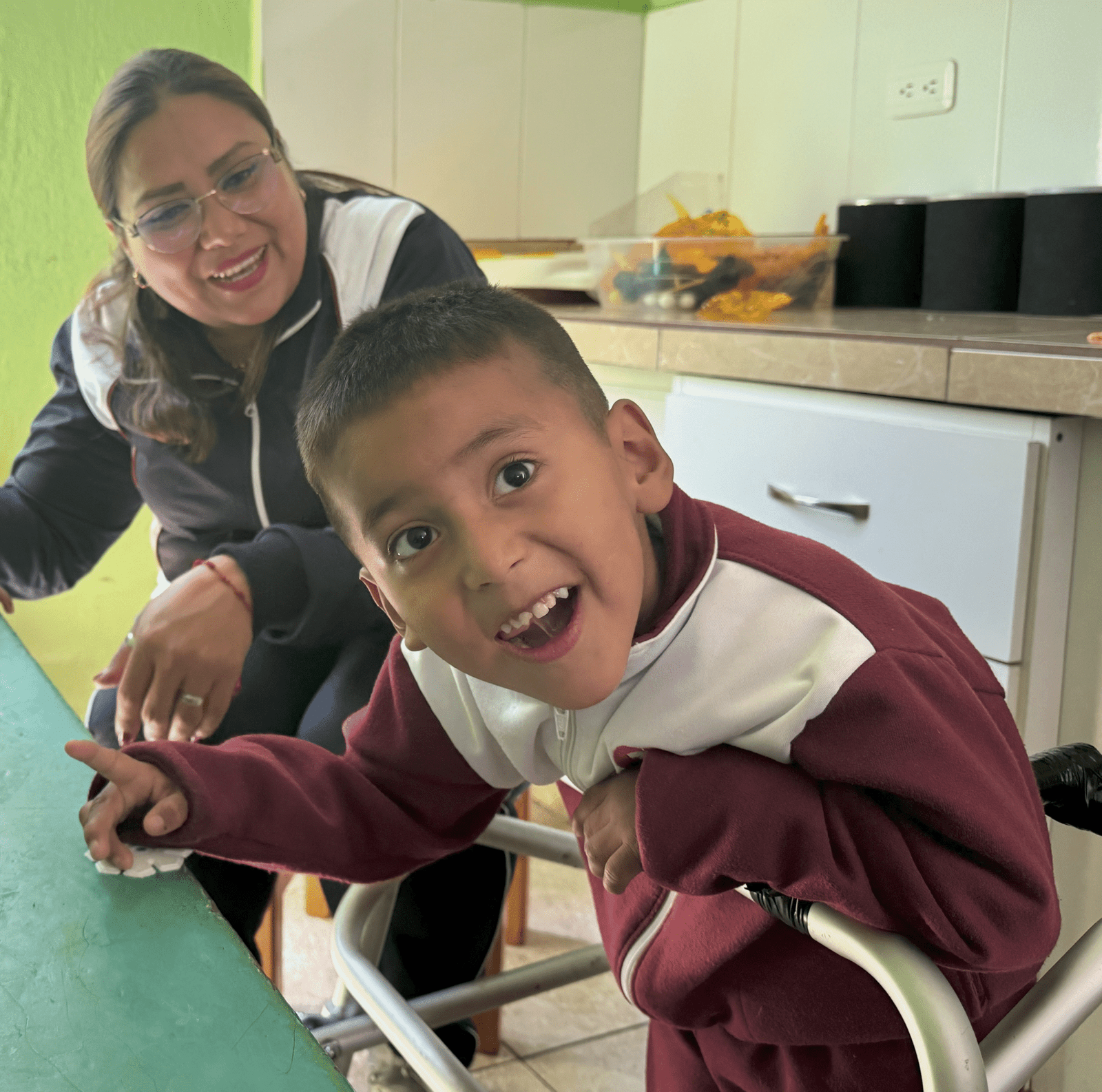CONTEXT
The political and economic environment in Cuba is complex. It leaves the islands most vulnerable population with few opportunities for personal and professional growth. In 2020, the island nation found itself in its most severe economic contraction since the collapse of the Soviet Union. At that time the government reporting an 11% contraction. Then, in 2021, Cuba started transitioning to a single currency, devaluing the Cuban Peso (CUP) for the first time since 1959, and removing the Cuban Convertible Peso (CUC) from circulation. While the dual currency system had been functional, and at times necessary, it also created social inequalities and wage gaps. In response to the worsening economic and political scenarios, the Cuban government approved legislation in September 2021 that promoted the expansion of the private sector. As a result, more small and medium businesses were permitted to operate in the formal economy.
The Jesuits have historically played an important role in promoting peace, reconciliation, and a dignified life on the island. The Catholic Church has been decisive in leading dialogues that focus on building a culture of peace. Recently the Jesuits have begun promoting social programing including entrepreneurial skills workshops throughout Cuba.

The Red de Centros Loyola is a network of community centers established by the Jesuits to promote popular education in Cuba.
One of the fundamental purposes of the network is to have a direct impact in marginalized communities, those who suffer from systematic barriers and experience daily social and economic vulnerability. Each center has different levels of expertise based on their current resources. Their classes put the individual at the center of the learning process. This gives them an active role in shaping their reality.
OUR PROJECT
“Promoting Civic Values and Entrepreneurship in Marginalized Communities.” This project will contribute to develop a civics program and entrepreneurial skills workshops in Havana, Cuba. These programs will promote reflection and analysis regarding social, economic, and political themes. The project will also continue offering trainings for technical and entrepreneurial skills. Vulnerable individuals in Havana, Camagüey, and Santiago de Cuba participate in a wide range of programs. The goal is to strengthen the capacities of individuals to create or strengthen new businesses. This will give them new opportunities to participate in a broad-based market economy.

Project Objectives
Objective 1: To consolidate community centers as spaces that promote civic education, reconciliation, and public dialogue about current events.
Objective 2: To strengthen the autonomy of vulnerable groups by improving and promoting their entrepreneurial skills.

“Participating in the expo fairs brought me great joy and encouraged me to continue with my work. A neighbor (who also participates in the classes) and I already made our first sales in the community and we are convinced that we have to look at what the community needs to be able to succeed.”
Mariely, a participant in the Loyola Centers training programs
